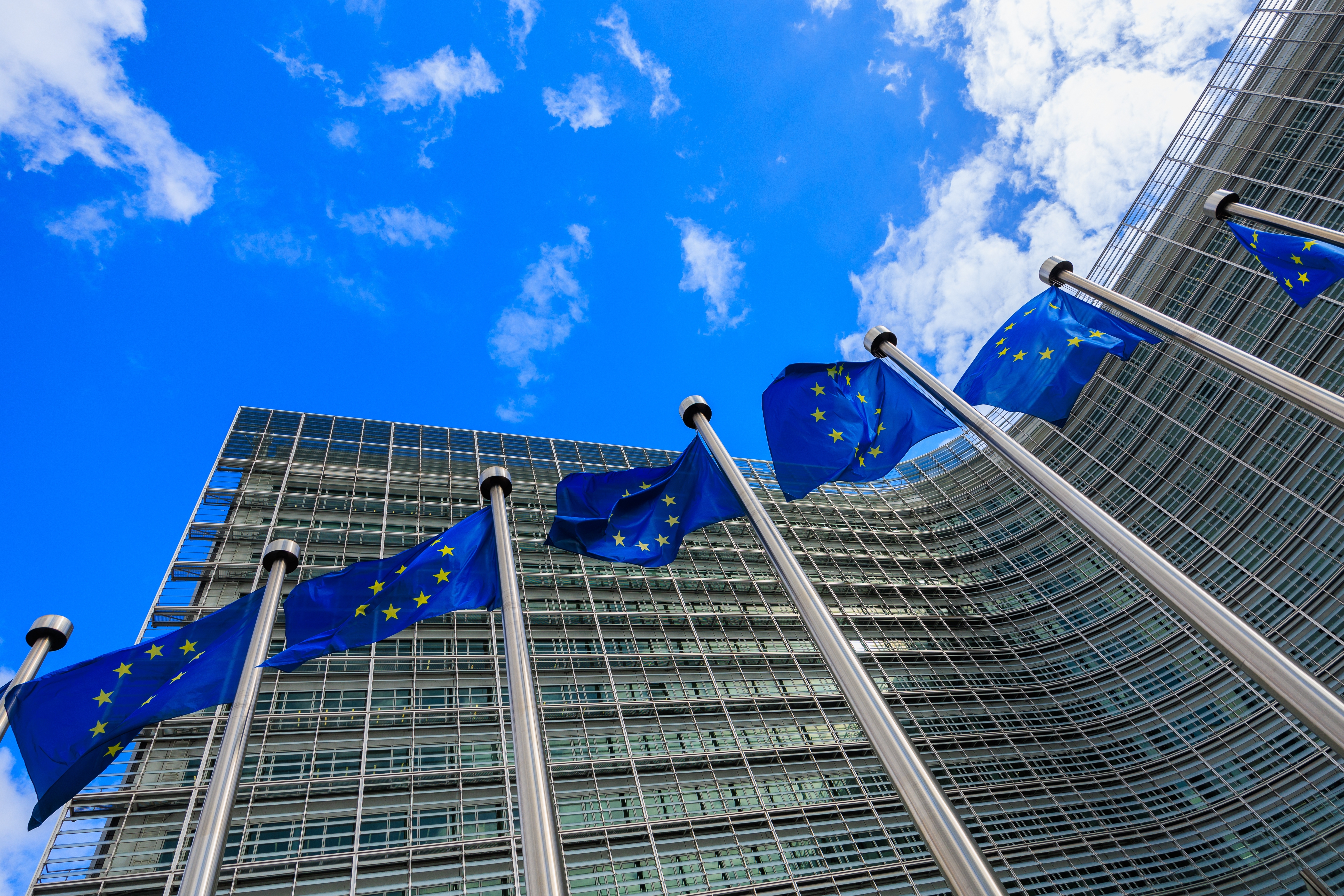Sweden's PP Pension increased its managed capital to SEK20bn in 2024, despite payments of over half a billion in 2024, as it was able to deliver returns of 7.3 per cent for the year.
Announcing the results at the pension group's general meeting, CEO, Kjell Norling, suggested that the success of PP Pension's management portfolio was a good risk spread, with one third in real assets such as real estate and forests.
"We always strive for a high and consistent return and have had an average of five percent over the past ten years," he stated.
In addition to this, he confirmed that the bonus rate has averaged 4.7 per cent in 2024 and was 7 per cent at the end of the year.
PP Pension has also been able to hedge the defined benefit pension within ITP2 and increase both pensions in payment and in free certificates by 1.6 per cent, which corresponds to inflation.
Some investments delivered particularly strong results, as Norling revealed that customers who have had their money invested in PP Pensions Equity Allocation Fund have received a return of 19 per cent in 2024.
In addition, all of its unit-linked insurance customers received a bonus, after the group distributed the surplus from its fund operations.
"2023 was the first year we did this and we will pay dividends in the coming years when we have a surplus to distribute," Norling told the meeting.
Indeed, Norling told the meeting that while operating costs in 2024 were 0.47 per cent, this figure is expected to drop once the group is finished with the implementation of the new insurance system - a project that is in its final phase
"Our goal is to get down to 0.25 per cent as soon as everything is ready," Norling confirmed.
There are new projects on the horizon, however, as Norlin revealed that the group is looking to introduce AI into its customer operations to create greater efficiency.
He clarified however that this AI is unlikely to be interacting with savers directly, confirming that PP Pension customers will always meet a human being when they seek contact with the group.
"PP Pension will continue to outsource its IT operations. This is the most efficient way for a smaller player like us," Norling added.
Investment changes could lie ahead, however, as Norling acknowledged that recent turbulence has seen fundamental principles "shaken".
"For example, American bonds, which have always been considered safe investments," he explained."Now they are starting to be questioned and we are closely following what is happening.
"We also see how global reprioritizations affect us all. And it is happening quickly, which places additional demands on us in our management.
"In addition, we have other major issues such as defense, communications and climate to monitor. The latter is not least important for us who invest in both real estate and forests."
Latest News
-
Germany to launch ‘active pension’ in January
-
France braces for protests as concerns over budget cuts continue
-
Italian pension funds back SME investments
-
APG awards €425m infrastructure debt mandate to Schroders Capital
-
More than 1 million Romanians checked Pillar 2 pension portal in year since launch
-
Tela calls for lower YEL earnings threshold to cover ‘hidden’ income
Podcast: Stepping up to the challenge

In the latest European Pensions podcast, Natalie Tuck talks to PensionsEurope chair, Jerry Moriarty, about his new role and the European pension policy agenda
Podcast: The benefits of private equity in pension fund portfolios

The outbreak of the Covid-19 pandemic, in which stock markets have seen increased volatility, combined with global low interest rates has led to alternative asset classes rising in popularity. Private equity is one of the top runners in this category, and for good reason.
In this podcast, Munich Private Equity Partners Managing Director, Christopher Bär, chats to European Pensions Editor, Natalie Tuck, about the benefits private equity investments can bring to pension fund portfolios and the best approach to take.
In this podcast, Munich Private Equity Partners Managing Director, Christopher Bär, chats to European Pensions Editor, Natalie Tuck, about the benefits private equity investments can bring to pension fund portfolios and the best approach to take.
Mitigating risk
BNP Paribas Asset Management’s head of pension solutions, Julien Halfon, discusses equity hedging with Laura Blows
© 2019 Perspective Publishing Privacy & Cookies








Recent Stories